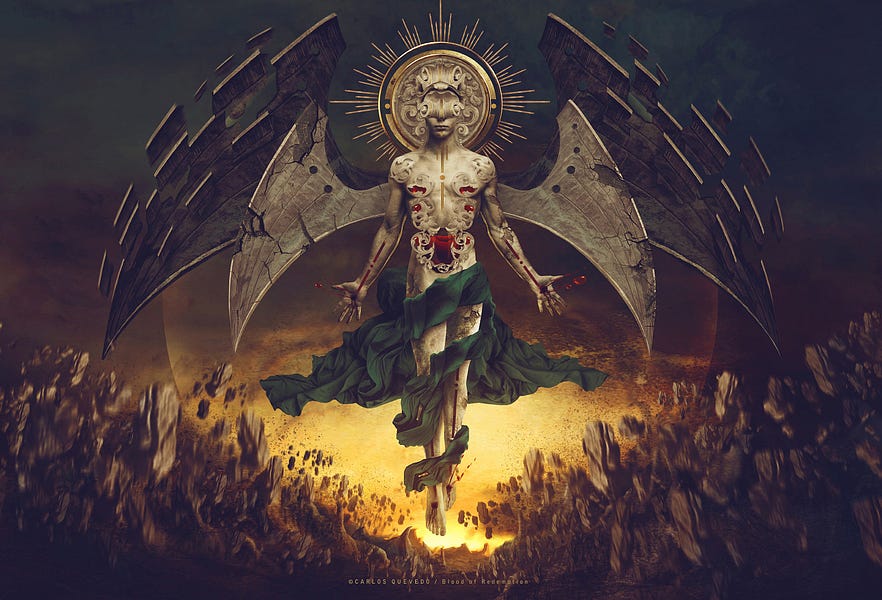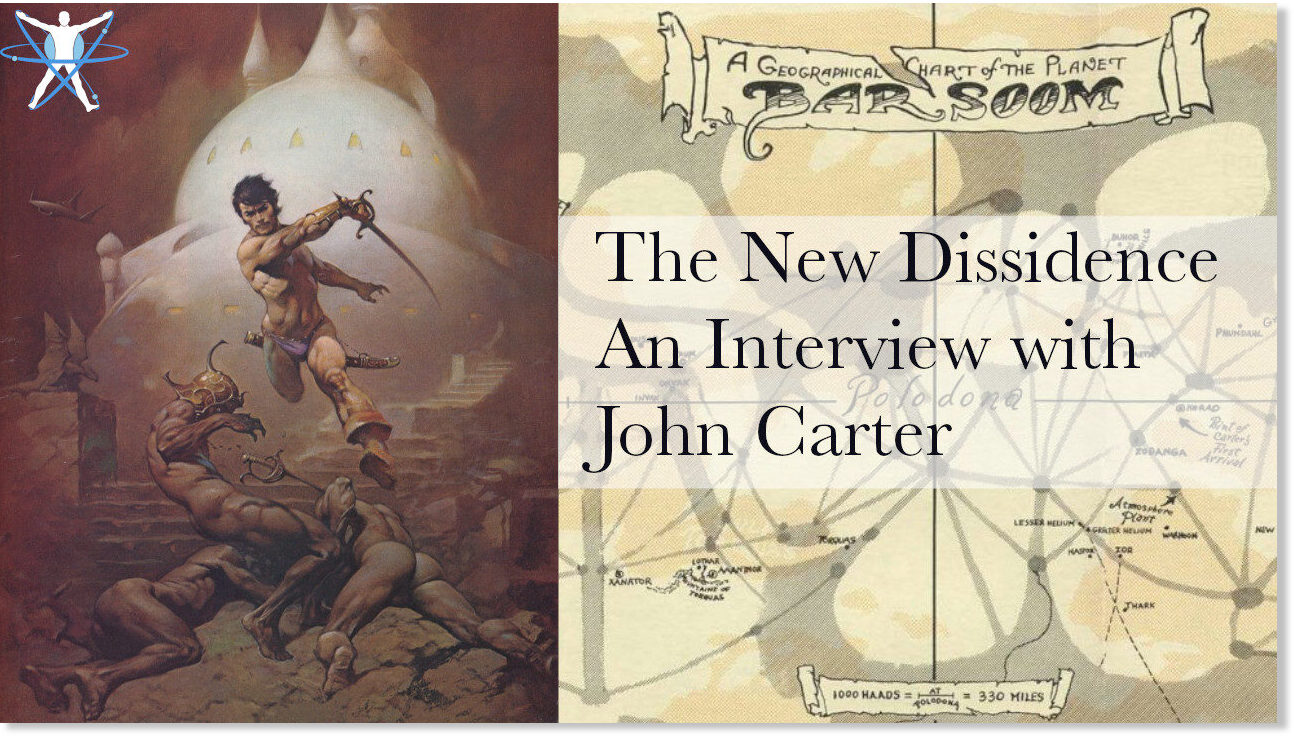Hi @T.C., the AM-EU workshop takes place on Sundays from 6pm to 8pm Paris, France, time. Logos5x5 will post the link to the Zoom meeting about 30 mins before. We are on page 32 of the book and location 1127 of the Kindle version, as Tuatha de Danaan and Martina shared above. Great that you`ll join, looking forward to meeting you!
Thanks for the info, Laurs
 I’m up to date with the reading so far and look forward to attending the meet up. I’ve created an account using the Mega app, and I’m assuming it should be pretty easy to connect to the meeting.
I’m up to date with the reading so far and look forward to attending the meet up. I’ve created an account using the Mega app, and I’m assuming it should be pretty easy to connect to the meeting.



